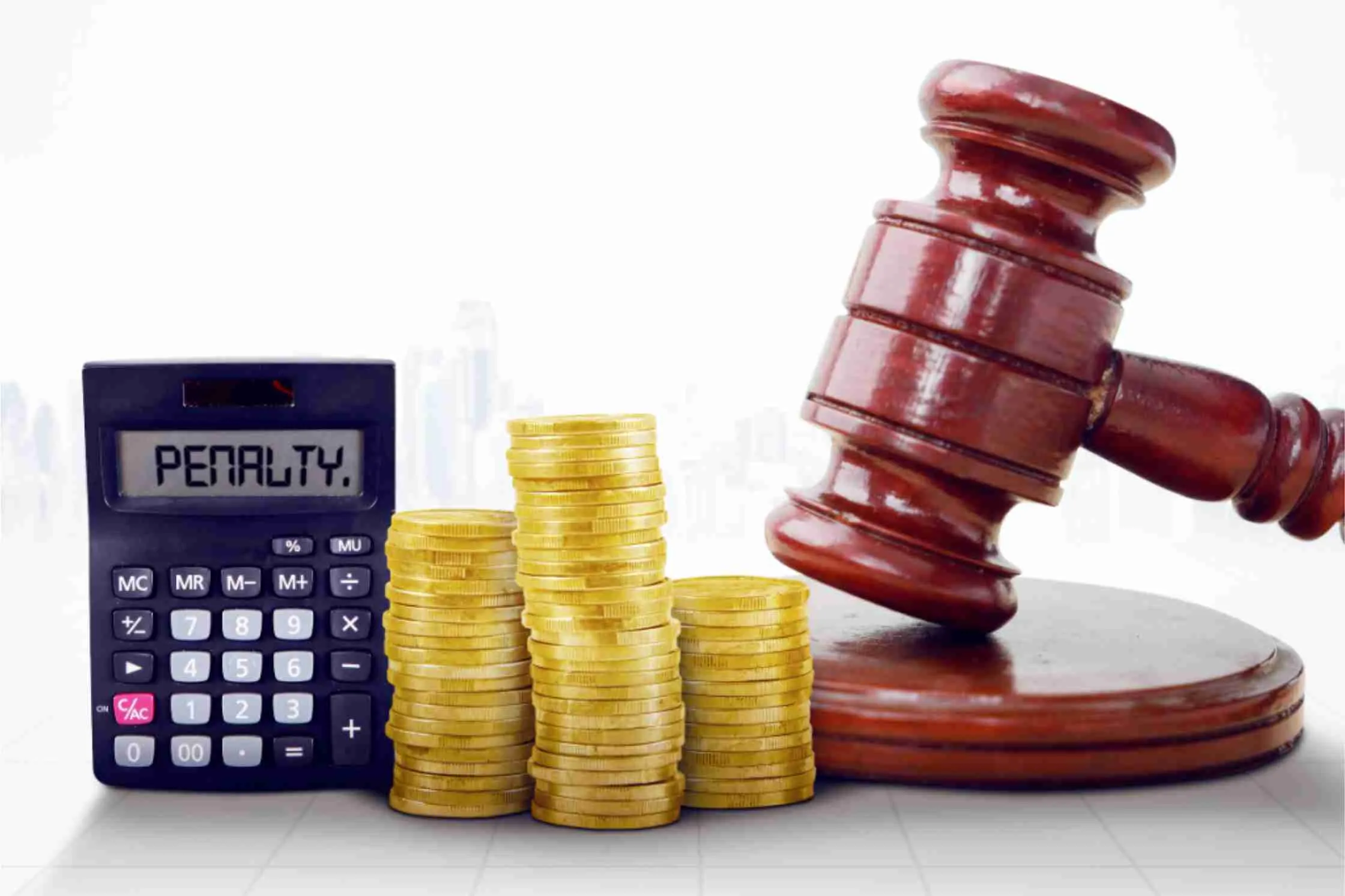Received a CoP8 Notice? Here’s What You Need to Do
If you’ve received a CoP8 notice, acting quickly is crucial. Delaying or ignoring the notice can lead to severe penalties and further scrutiny. Engaging an experienced tax advisor is the best way to protect your rights and financial interests. Providing accurate and timely information to HMRC can help reduce potential penalties and ensure a smoother resolution. The Taxcom is here to support you throughout the process, offering expert guidance to help you navigate this challenging situation with confidence.

FAQs
The Taxcom provides expert support throughout the CoP8 process, helping you prepare accurate documentation, communicate with HMRC, and achieve a favourable outcome while protecting your financial interests
Yes, it is possible to reach a settlement with HMRC by providing all required information and cooperating fully. A well-prepared response can help minimise penalties and facilitate a smoother resolution.
A CoP8 investigation can have serious implications for your business, including financial strain and reputational damage. Seeking professional assistance early can help you manage compliance risks and respond effectively to HMRC’s enquiries.
Ignoring HMRC can lead to higher penalties and further legal action. Seeking expert advice is crucial.
The duration varies depending on the complexity of the case, but it can take several months to resolve.
Yes, with professional support, you can challenge HMRC’s findings and present your case effectively.
HMRC may suspect tax avoidance through complex financial arrangements or offshore transactions linked to high-risk jurisdictions.
What Our Clients Say.
How The Taxcom Assists with Your CoP8 Investigation.
How Does a CoP8 Investigation Work?
When HMRC initiates a CoP8 enquiry, they will issue a formal letter outlining the scope of the investigation and requesting specific information and documentation.
- HMRC will send a formal letter detailing the scope of the investigation.
- They will request specific financial information and documentation.
- Required documents may include personal and business financial records.
- Tax returns and supporting documents will be reviewed.
- HMRC has extensive powers to thoroughly examine your financial affairs.




